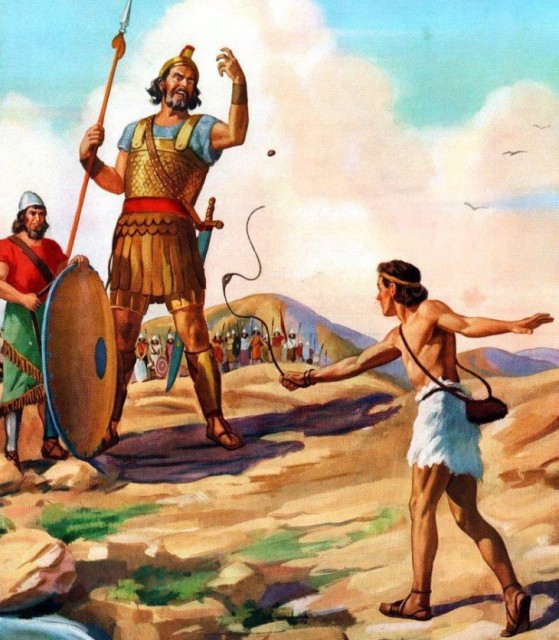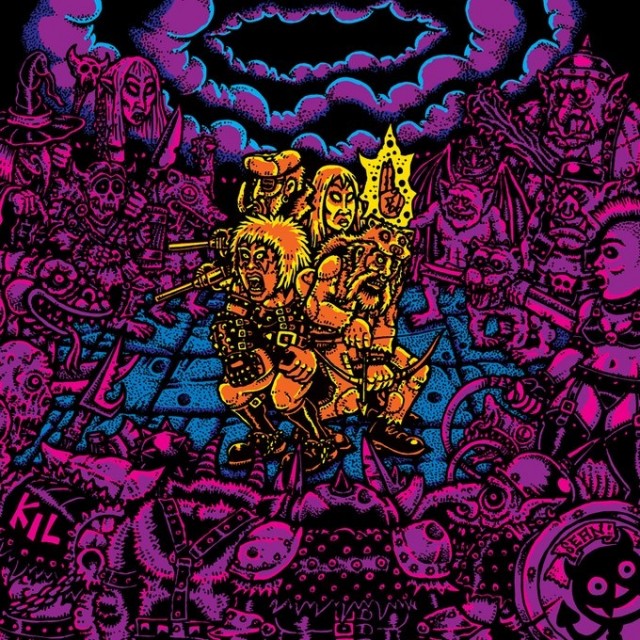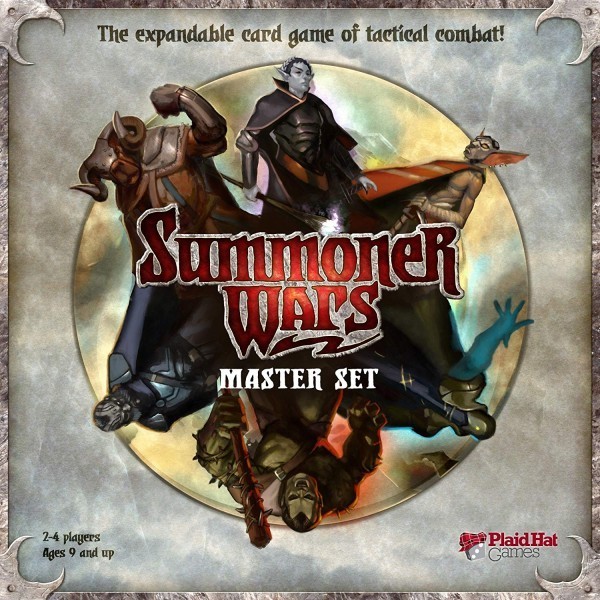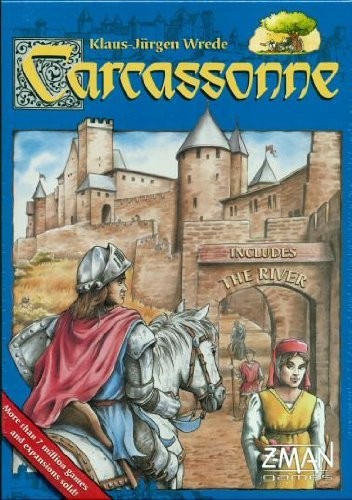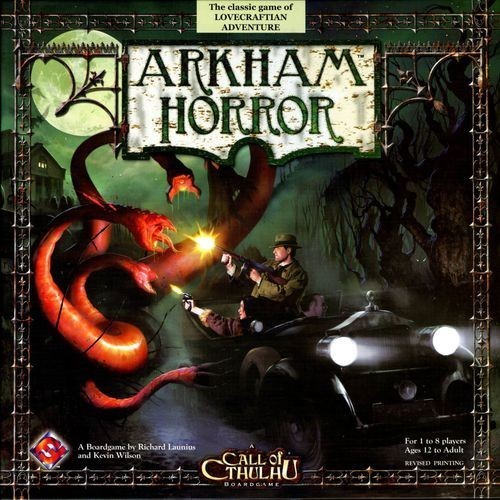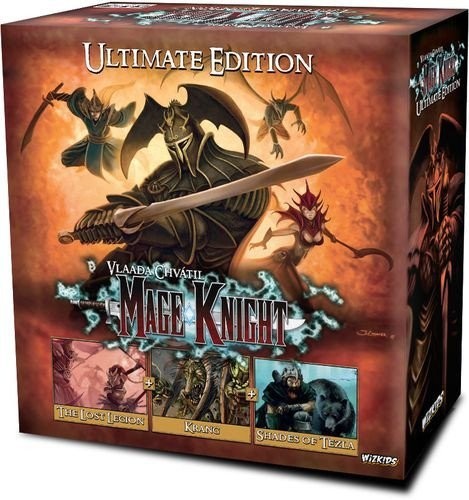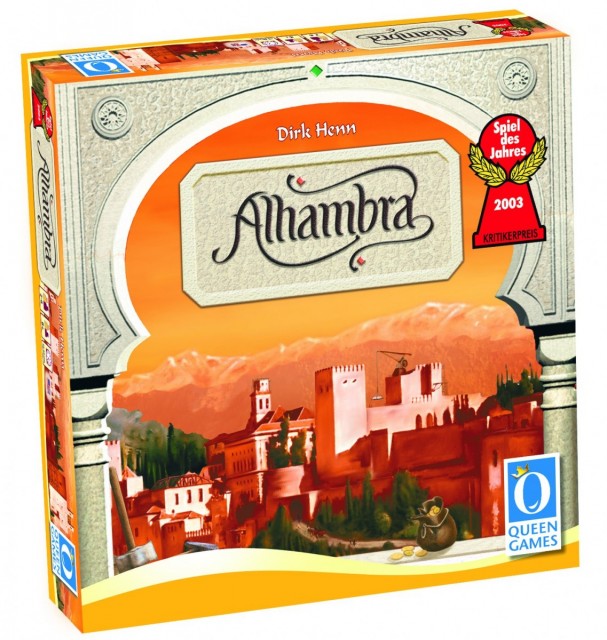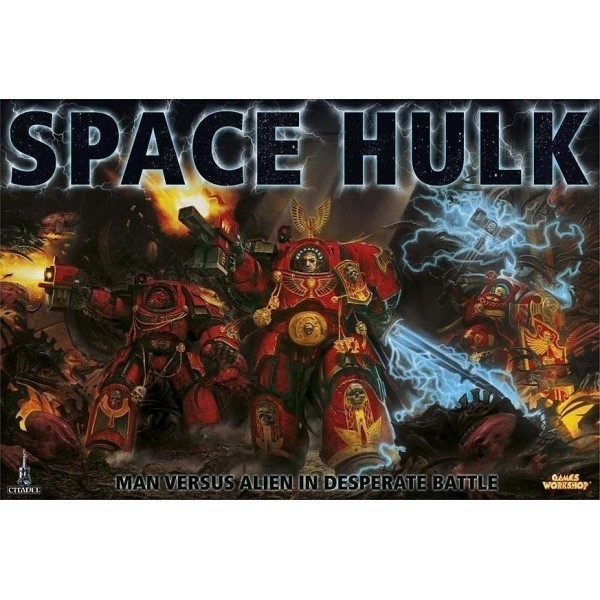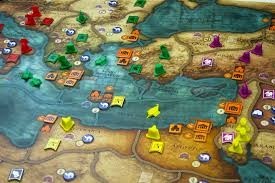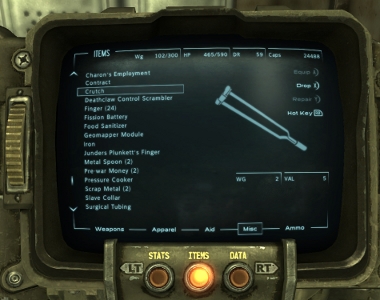 You can draw quite a number of paralells between game publishing and music publishing. For starters, both support a number of both major-league and minor-league companies who do the publishing, and fans of the output of the major players have usually never heard of the output of the minor players whose fans, in turn, treat the produce of the major players with undisguised contempt. In both fields it is not uncommon for those at the artistic end of the industry to create their own tiny publishing companies to ensure their efforts can reach the small section of the public who are aware of them. It also not uncommon for small publishers to rely on one major signing for income - but here we see a major difference. In the music world, such labels normally use their income to keep funding new and exciting bands. Similarly in gaming some publishers with a big title on their hands use the proceeds to keep funding new and exciting games, but unlike the music industry a minority of publishers or designers just sit on their golden egg like it will keep them in business forever: their one marketable product has become a crutch game.
You can draw quite a number of paralells between game publishing and music publishing. For starters, both support a number of both major-league and minor-league companies who do the publishing, and fans of the output of the major players have usually never heard of the output of the minor players whose fans, in turn, treat the produce of the major players with undisguised contempt. In both fields it is not uncommon for those at the artistic end of the industry to create their own tiny publishing companies to ensure their efforts can reach the small section of the public who are aware of them. It also not uncommon for small publishers to rely on one major signing for income - but here we see a major difference. In the music world, such labels normally use their income to keep funding new and exciting bands. Similarly in gaming some publishers with a big title on their hands use the proceeds to keep funding new and exciting games, but unlike the music industry a minority of publishers or designers just sit on their golden egg like it will keep them in business forever: their one marketable product has become a crutch game.
There are various ways you can spot a crutch game. Firstly it's got to be a pretty popular game otherwise the publisher couldn't survive on it's output alone. Second when you look at the companies output what you'll see is either very little that doesn't directly tie-in to the crutch game or that those games which don't either follow a similar theme or mechanic or, in some cases, have the potential to support the crutch game in some way perhaps in terms of interchangeable parts, or even allowing direct play alongside the crutch game. The crutch game itself is usually one that has a format which lends itself to modularity: such has having a modular board, or being scenario based. But the key signifier is expansions for the crutch game. Lots and lots of expansions.
These expansions are the key to the concept and they're the reason this phenomenon doesn't exist in the music industry. You can't release an expansion to an album after all. And yet the gaming public seems to have an almost bottomless appetite for expansions. As I've commented in the past I have an ambivalent relationship to expansions. Most of the time I'd rather pay more for the base-game and not have to bother with an expansion but there are various scenarios where they're justified. In the case of poor playtesting leaving holes in the original game which could be fixed by an expansion, for example, or in the case of expansions which are clearly only for the fan market such as expansion maps for railway games. But maybe because at heart there's a little bit of the collector and the completist in all of us we seem to be a sucker for expansions and so the model for the crutch game is born. If a game is popular enough to have very wide market penetration, then expansions for it will probably sell, and sell well enough to support the company going forward to boot.
But when a company begins to rely on selling expansions to support its business model there are inevitably undesirable consequences which result in more tell-tale signs of a crutch game. Early expansions might be choc-full of good stuff but as time goes on and ideas start to dry up, desperate tactics are called for in order to keep on selling produce. Perhaps you'll see expansions which are very poor value for money - very often sold as some sort of "toolkit" full of poorly tested additions which aren't properly utilised in the game proper but which fans can include for additional variety if they dare. Perhaps you'll see what ought to be a single expansion split into multiple small releases under the banner of offering flexibility, but which in reality simply justifies charging a higher price overall than putting all the components in one box. Perhaps you'll see what looks like a competent expansion but which reveals, on repeat plays, to be nothing more than a re-hashing of ideas that have already been gone over in the base game or in previous expansions. Perhaps you'll see an expansion with one really good idea in it but which has otherwise been stuffed full of useless chaff.
It's not all bad news though. Indeed some fans seems to positively rejoice in the endless stream of expansions that a crutch game generates, and as I said at the beginning it's important to note that to work as a crutch game the base game in the system has to be pretty damn good in it's own right - otherwise there wouldn't be enough of a market for the expansions in the first place. The argument runs that never-ending expansions can work as a method of taking that classic base game and keeping it fresh forever. There's certainly some mileage there: no doubt that one, two maybe even three expansions incrementally added to a game can certainly help you rediscover your love for it all over again. But I think the argument eventually breaks under sheer weight of extra material. For starters it's an uphill task to keep on adding enough new stuff to a game to really make it fresh each time. Even if you manage that there's the issue of actually assimilating this content into your game. If you keep on adding expansions willy-nilly then your game will almost certainly grow in complexity, play time and administrative fiddle-factor and the only way to avoid that, usually is to add and remove expansions to your taste before playing, a task which carries its own irritating overhead.
And of course there's a hidden downside too. The more a publisher focuses inward in a single game, the less chance that publisher is going to be spending time looking at other potential designs. More expansions for a crutch game means less windows for new designers to break into the marketplace. Like most of the pieces of this particular puzzle that's a double-edged sword of course. Less new games means less cult of the new, just as more expansions for a crutch game keeps us getting more play time out of our favourites. But at the same time, less opportunity for budding designers almost inevitably means less innovation.
I don't doubt you can all think of examples of games of this type: there are three in particular that spring to mind and I'm not going to name and shame them as I'm sure they'll occur to you too and in fairness two of them are particular favourites of mine. There is one game I did want to talk about though, and that's Arkham Horror. As anyone even passingly familiar with the game will realise, Arkham Horror fits pretty much all my criteria as a crutch game. I'd go so far as to say that even the die-hard fans of the game are starting to tire of the apparently bottomless pit of expansions that have appeared for it. It's true that unlike other crutch games Arkham Horror does have a peculiar ability to absord expansions thanks to the manner in which the design is effectively a choose-your-own adventure game governed by card draws: it means the draw decks can support effectively limitless expansions in the name of variety. But the thing that really makes Arkham very definately not a crutch title has nothing to do with the game itself: the reason it isn't a crutch is because Fantasy Flight Games have had plenty of new and exciting games in their catalogue over the time span when Arkham expansions have been released. Arkham isn't a crutch game: it's simply a massively popular game whose modular format encourages expansion.
And that, ladies and gentlemen, is the solution to all the problems in the article. There's simply no need for any company to rely on a crutch game. Indeed if anything having a hot property on your books which is popular enough to support multiple expansions should be a support not for tunnel vision and yet more expansions but for a breadth of vision, the ability to innovate and take risks in the gaming marketplace, backed by the certainty of sales of a crowd-pleasing favourite. It makes the wastage of time and energy engendered by crutch games ever more of a depressing thing to see than it already is.
Matt is the founder of Fortress: Ameritrash. He is also a regular columnist for Board Game News.
 Games
Games How to resolve AdBlock issue?
How to resolve AdBlock issue? 
